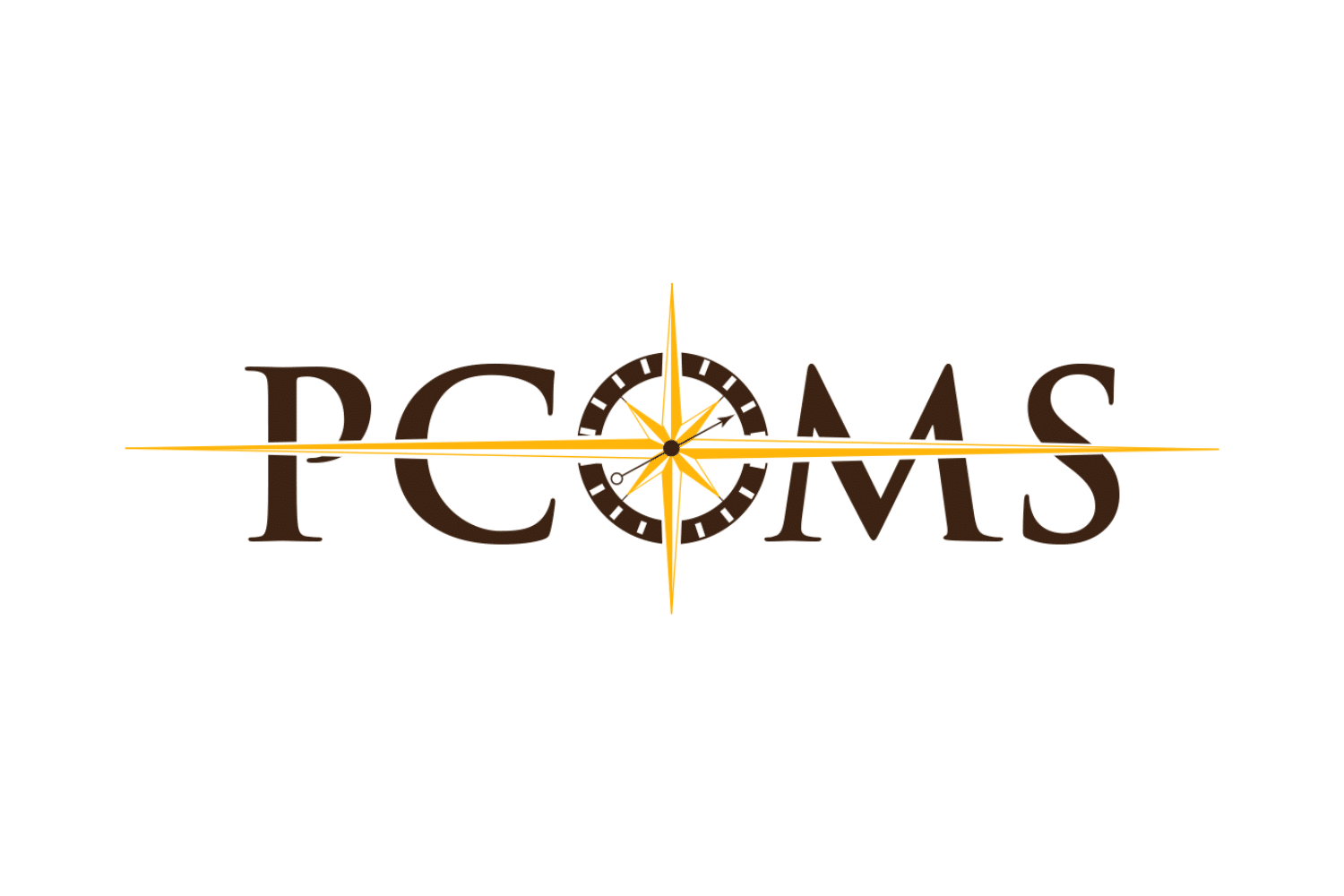What’s In a Name?

Partners for Change Outcome Management System
There has been an ongoing confusion about what to call the clinical methodology of administering and discussing the Outcome Rating Scale (ORS) and the Session Rating Scale (SRS) and identifying clients who are not benefiting to enable new, collaboratively decided directions in therapy. That clinical methodology is the Partners for Change Outcome Management System. That is the only name for the methodology that has scientific credibility including 5 (soon will be 6 and number 7 underway next month) randomized clinical trials (RCT) that compare the use of PCOMS versus treatment as usual. This is the name of the SAMHSA designated evidence based practice. And all the RCTs were conducted by those affiliated with the Heart and Soul of Change Project. Calling this documented, scientifically verified clinical methodology by other names are simply attempts, successful attempts by the way, to “brand” competing products and gain “market share” by individuals who have neither developed the clinical process nor conducted the randomized clinical trials.
A little history. I termed a way of thinking about therapy that intentionally privileged the consumer’s perspective and deliberately attempted to maximize common factor effects, “client directed” way back in 1992 in a book called Changing the Rules (Duncan, Solovey, & Rusk, 1992) and in an article that appeared in the journal, Psychotherapy (Duncan & Moynihan, 1994). That became “client directed outcome informed” (CDOI) with the publication of The Heroic Client(Duncan & Miller, 2000) when we were experimenting with the use of the Outcome Questionnaire 45. Thereafter (see Duncan & Reese, 2015), the ORS and SRS were co-developed and I developed the clinical process of using the ORS and SRS from my own practice and supervision of graduate students, first articulated in The Heroic Clients, Heroic Agenciesbook (Duncan & Sparks, 2002) and then re-articulated in the revised The Heroic Client (Duncan, Miller, & Sparks, 2004). PCOMS was actually first termed in Heroic Clients, Heroic Agencies. The subtitle of that book was: Partners for Change, hence, the Partners for Change Outcome Management System. But that name didn’t really take off and CDOI was the name most folks recognized from that point on.
However, once it became apparent that PCOMS actually improved outcomes, I had the dream, in 2007, to demonstrate those gains in the language of science, the randomized controlled (or clinical) trial, which would take PCOMS out of the realm of a good idea and into a scientifically demonstrated methodology to improve outcomes. My close friends and colleagues Morten Anker (who conducted the study on site) and Jacqueline Sparks helped me realize that dream with the Norway PCOMS trial (Anker, Duncan, & Sparks, 2009). But we were faced with a dilemma. CDOI was the most well-known name at that time but it was an all-encompassing description that included the common factors and the values associated with a client privilege therapeutic ideology. We believed in those things but what we wanted to empirically prove was the methodology of the clinical use of the ORS and SRS specifically, regardless of therapist theoretical orientation or values perspective about clients. The name “PCOMS” was then reborn as this clinical methodology—a clinical process that could be articulated, replicated, and trained; a clinical method not dependent on orientation, model, or philosophy of therapy. Since that time, 4 other RCTs bearing the name PCOMS have emerged, thanks to the dedicated work of Jeff Reese, Norah Slone, and Don Schuman to mention a few.
So what’s in a name? A lot. PCOMS is the name of the clinical methodology, and the only name listed as an evidence based practice, the only name represented by 5 RCTs and now 3 benchmarking investigations, and the only name not coined for branding, market share, or self-serving purposes.
